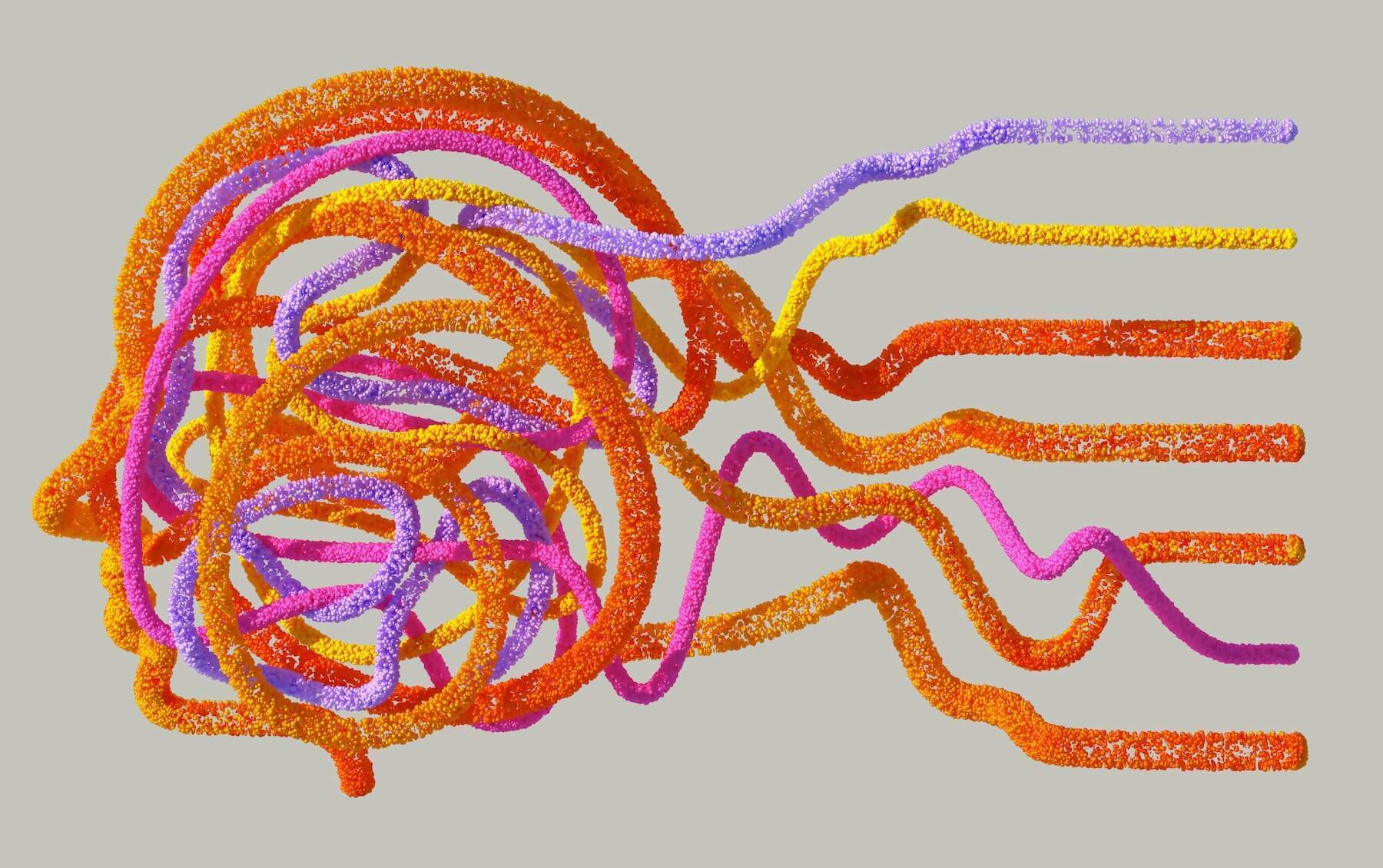- CAN-BIND transforms depression treatment from trial-and-error to precision medicine, publishing breakthrough research showing brain waves can predict treatment effectiveness within two weeks and guide personalized care through OPTIMUM-D clinical trial
- Ontario-led research shapes national mental health standards, contributing to CANMAT's perinatal mood and anxiety disorders guidelines while establishing Canada's first psychedelic research centre in Kingston
- This OBI program addresses urgent need for better depression care, developing biomarkers and standardized research methods to serve 1 in 5 Canadians experiencing mental health conditions annually and the 14% who will face major depression in their lifetime
For millions of Canadians, finding the right treatment for depression is a long, frustrating journey of trial and error. Relief often comes only after months of cycling through medications and therapies while symptoms persist. For the 1 in 5 Canadians who experience mental health conditions each year, and the 14% who will face major depression in their lifetime, this uncertainty can feel overwhelming.
The Canadian Biomarker Integration Network in Depression (CAN-BIND), one of the Ontario Brain Institute's Integrated Discovery Programs, is changing that reality. By combining cutting-edge science, clinical expertise, and lived experience, CAN-BIND is building a future where patients are matched with the right treatment from the very start.
"It could be as simple as a patient walking into their doctor's office, putting on a quick, non-invasive EEG cap, and getting matched with the right treatment from the start," explains Dr. Faranak Farzan, CAN-BIND's platform lead. "That could dramatically reduce the time people spend living with untreated depression."
Uncovering brain waves that predict recovery
In October 2024, CAN-BIND researchers published findings in Translational Psychiatry showing that brain waves can predict which treatment will work best, often within just two weeks of starting therapy.
The study followed more than 100 participants with major depressive disorder receiving either antidepressants or cognitive-behavioral therapy (CBT) over eight weeks. Using non-invasive EEG technology, researchers tracked subtle electrical patterns that influence cognitive and emotional responses.
Within two weeks, shifts in brain activity could indicate which treatment would be most effective. Both medications and CBT reduced the same brain wave patterns, revealing shared neural pathways for recovery.
This is an objective way to see how and if a drug is working. Understanding how different therapies affect brain waves may lead to innovative approaches, such as combining treatments or developing new neurotechnology-based diagnostics, offering hope for quicker, more effective, personalized care.
- Dr. Faranak Farzan, Platform Lead at CAN-BIND
For patients, this could mean knowing within weeks whether a therapy will help, rather than enduring months of uncertainty.
Translating discovery to personalized care
CAN-BIND is putting these insights into practice through the OPTIMUM-D study (Optimized Predictive Treatment in Medications for Unipolar Major Depression), a multi-site clinical trial using predictive biomarkers to guide personalized treatment.
Unlike the traditional trial-and-error approach, OPTIMUM-D assigns treatments based on predicted outcomes. Patients likely to respond well to a single antidepressant receive that option, while those predicted not to respond are given combination therapy. By integrating brain scans, EEG data, clinical assessments, and blood samples, OPTIMUM-D is translating discovery into real-world personalized care.
The study will also explore other possible biomarkers that may predict treatment response, which may help in the future development of tests that can guide treatment choice more effectively and more quickly. For participants, this means higher chances of receiving a treatment that works for them the first time, accelerating the recovery period for those impacted by major depression disorder.
Shaping national standards of care
CAN-BIND's impact extends beyond clinical trials, shaping the way depression care is delivered nationwide.
In February 2025, the team contributed to the Canadian Network for Mood and Anxiety Treatments (CANMAT) Clinical Practice Guideline for Perinatal Mood and Anxiety Disorders, co-led by Dr. Benicio Frey, CAN-BIND Program Director.
These guidelines equip healthcare providers with evidence-based strategies for new and expecting parents. The companion resource, Seeds of Hope: A Patient and Family Guide, translates recommendations into actionable guidance for families navigating perinatal mental health challenges.
"As a person with lived experience and as a fierce advocate of perinatal mental health, I truly hope to see these guidelines put into practice by health care practitioners immediately. Lives are at stake as well as the health and well-being of present and future generations. I know all too well the consequences of inadequate care. Now that we have these guidelines, anyone at risk for or suffering from a perinatal mental illness should expect nothing less than timely access to prevention and treatment.” – Patricia Tomasi, Person with lived experience of Perinatal Mood and Anxiety Disorder
Pioneering psychedelic research for mental health
CAN-BIND is also expanding its treatment horizons. In August 2024, Kingston, Ontario, became home to Canada’s first psychedelic research centre at Providence Care Hospital, affiliated with Queen’s University and led by Dr. Claudio Soares, CAN-BIND Partnerships Lead.
With support from CAN-BIND and OBI, the centre explores the therapeutic potential of psychedelics for mental health, chronic pain, and palliative care.
We are delighted to partner with Providence Care to establish a national clinical trial platform for psychedelic research. Our goal is to generate data that will guide future therapies and improve patient outcomes across Canada.
- Dr. Benicio Frey, Program Director at CAN-BIND
Transforming the future of depression care
With collaboration, innovation, and patient-centered research, CAN-BIND continues to bridge the gap between scientific discovery and real-world impact. From identifying biomarkers that predict treatment response, to testing these discoveries in trials like OPTIMUM-D, to shaping national care guidelines, each breakthrough moves Canada closer to a future where depression care is precise, personalized, and accessible to all.
The vision is clear: every person with depression deserves the right treatment, at the right time, the first time. This is more than research; it's hope in action.
Learn more about CAN-BIND's work



